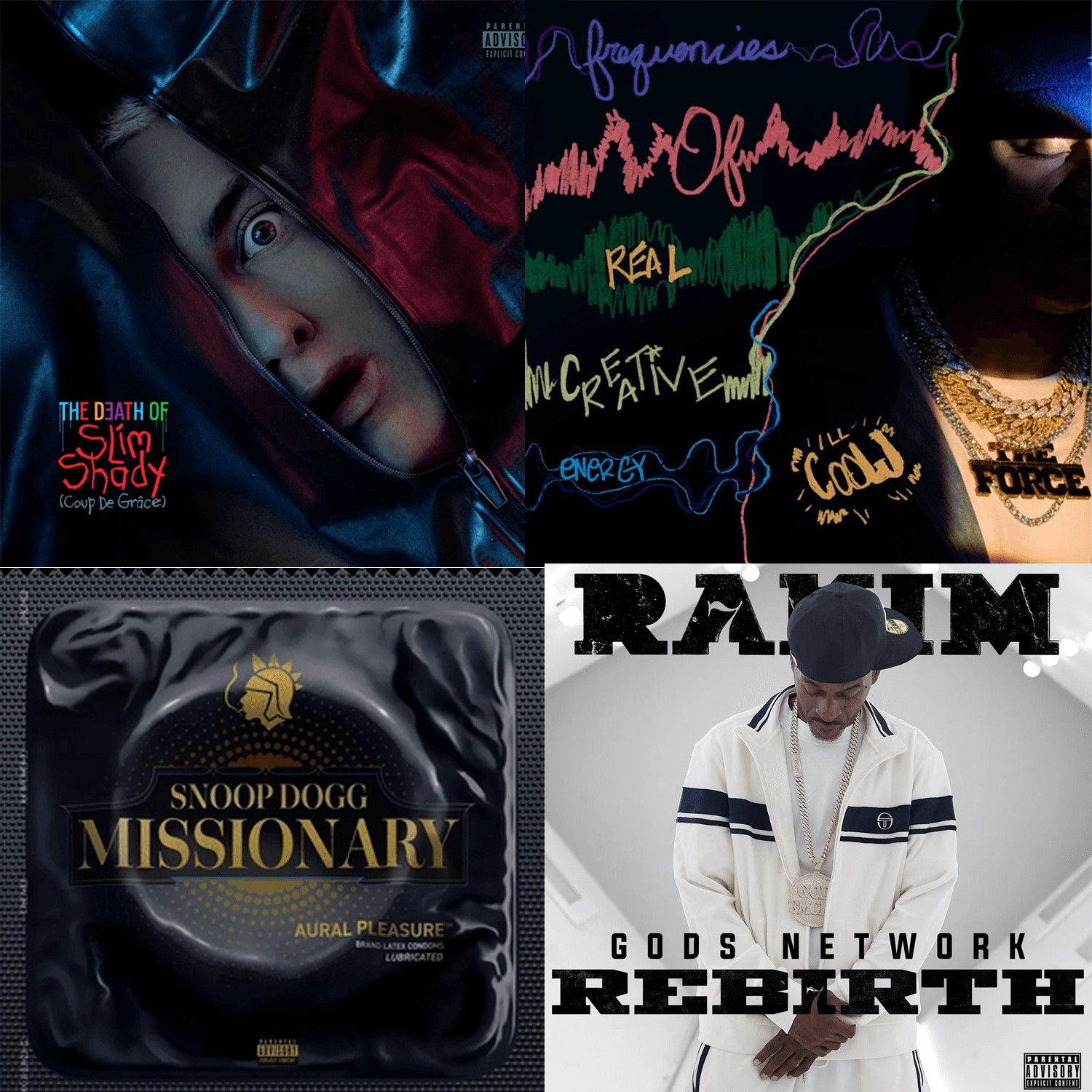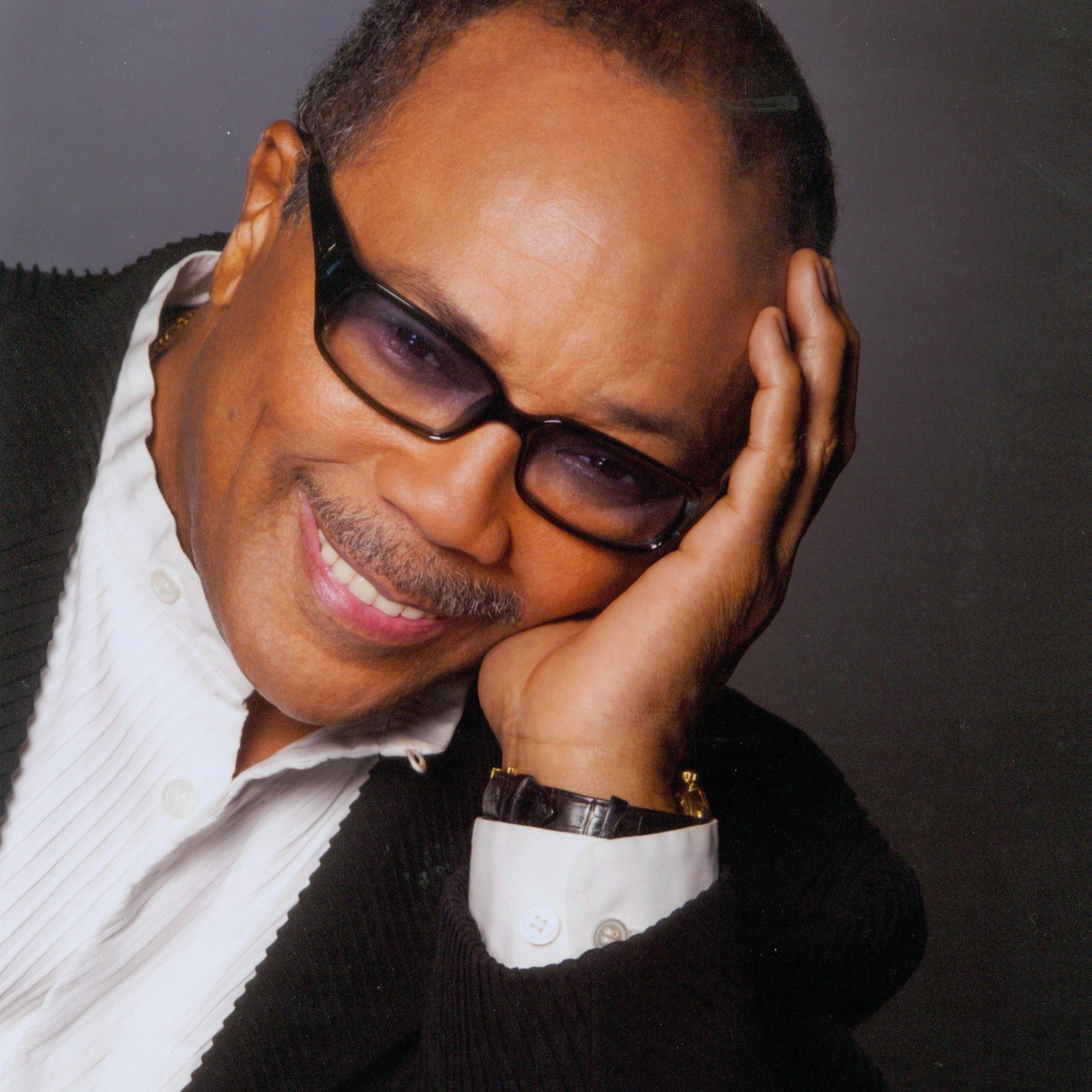Friday, July 5, 2024
AI
Share
will.i.am on Harnessing AI for the Future of Music
will.i.am and Harvey Mason Jr. Discuss AI's Impact on Music at Grammy Museum
In a thought-provoking session at the Grammy Museum, will.i.am and Recording Academy CEO Harvey Mason Jr. delved into the transformative potential of artificial intelligence (AI) in the music industry. Their discussion highlighted the technological advancements, ethical considerations, and future implications of AI in music creation and artist rights.
The Role of AI in Music Creation
will.i.am shared his excitement about the innovative ways AI is being integrated into music production. He discussed how AI tools can assist in generating new sounds, enhancing songwriting, and even creating entire compositions. According to will.i.am, AI offers unprecedented opportunities for artists to expand their creative horizons and experiment with new musical possibilities that were previously unimaginable.
Protecting Artist Rights and Data Ownership
Harvey Mason Jr. emphasized the critical need to protect artists' intellectual property in the age of AI. As AI technologies become more sophisticated, there is an increasing risk of unauthorized use of artists' voices and likenesses. Mason Jr. highlighted the importance of ensuring that artists retain control over their creations and receive proper compensation for their work. This concern is especially pertinent given the rise of deepfake technology and AI-generated "soundalikes."
Balancing Technology and Creativity
Both will.i.am and Mason Jr. stressed the importance of balancing technological innovation with human creativity. While AI can serve as a powerful tool for artists, it should not replace the human touch that is integral to the art of music. They discussed the ethical implications of AI in music, advocating for guidelines and standards to ensure that AI complements rather than compromises artistic integrity.
The Future of AI in the Music Industry
Looking forward, will.i.am expressed optimism about the potential for AI to revolutionize the music industry. He envisioned a future where AI could facilitate new forms of musical expression and collaboration, breaking down barriers between different genres and cultures. However, both he and Mason Jr. underscored the need for regulatory frameworks to prevent the misuse of AI and protect the rights of artists.
The ELVIS Act: A Legislative Response
One significant legislative response to these concerns is the recently passed Ensuring Likeness Voice and Image Security (ELVIS) Act in Tennessee. This groundbreaking law updates the state's Protection of Personal Rights statute to include protections for songwriters, performers, and music industry professionals' voices from unauthorized AI-generated reproductions. The ELVIS Act represents a crucial step in safeguarding the intellectual property and personal rights of artists in the digital age (Tennessee State Government - TN.gov) (American Bar Association) (Maryland State Bar Association) (Digital Music News).






